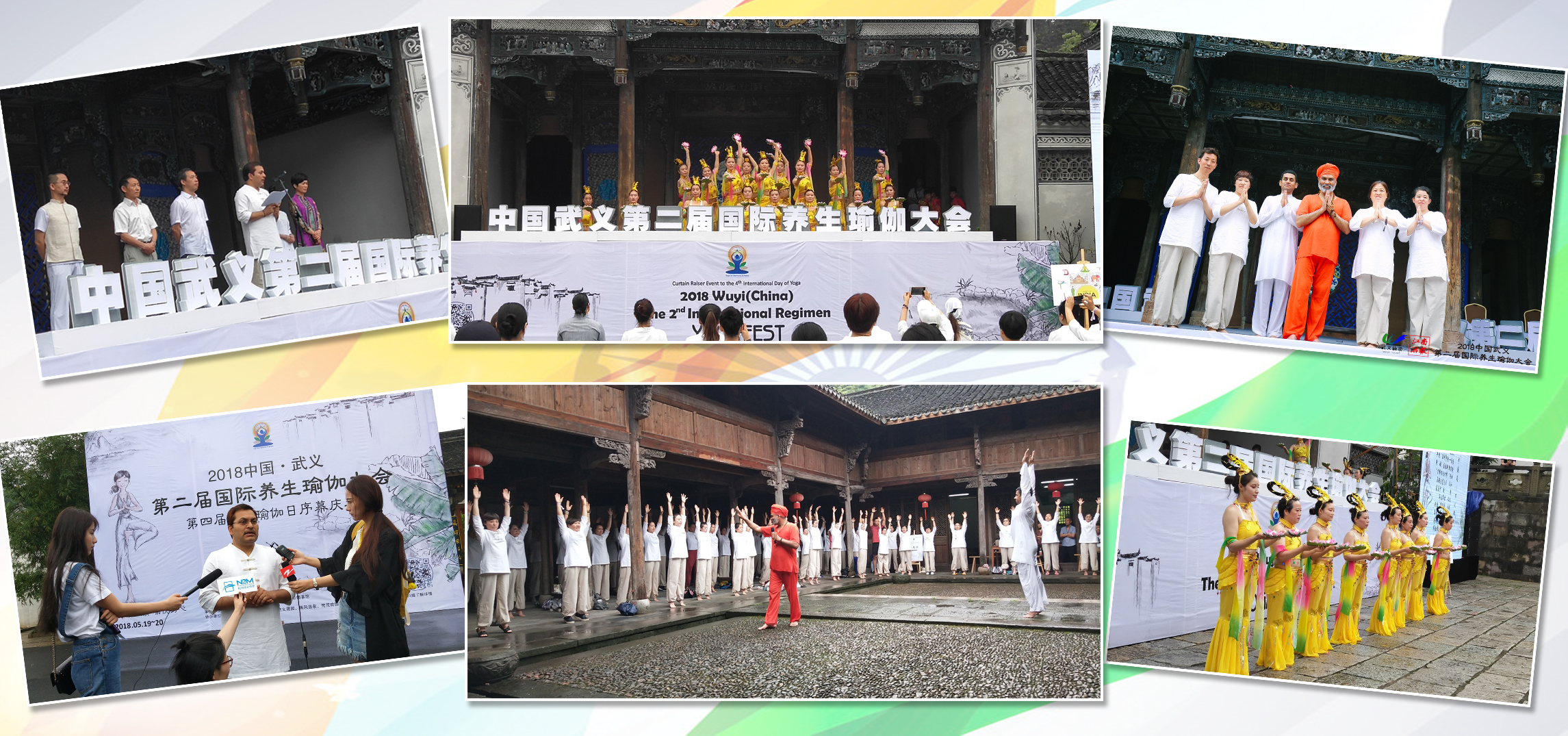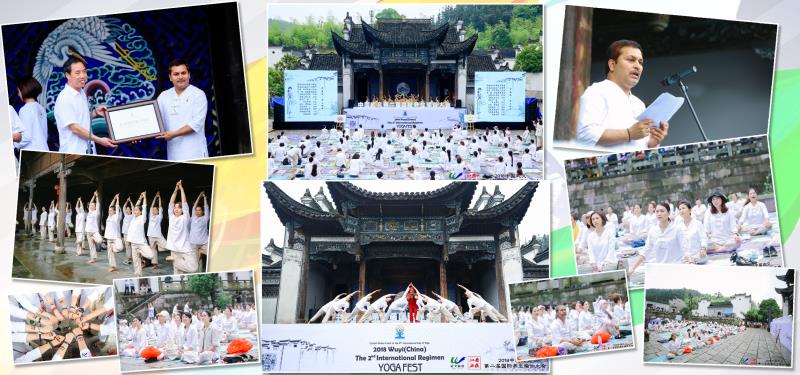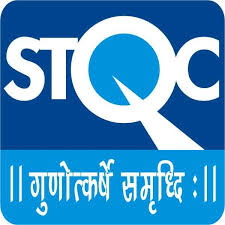Opening remarks by the Consul General on the occasion of
4th International Day of Yoga at Wuyi
[19 May 2018 at 0930 hrs]
Namaskar, Nin Hao,
Distinguished Guests,
Friends, Ladies and Gentlemen,
I welcome you all to the curtain raiser event for the celebrations of the 4th International Day of Yoga. This is an important occasion for us because it paves the way for series of events planned to create awareness about the health and wellness benefits of Yoga.
Four years ago, 177 countries supported the vision of Prime Minister Narendra Modi recognizing the important role Yoga can play in bringing peace and prosperity in the world. This led to proclamation of 21 June as the International Day of Yoga.
Yoga, an ancient discipline in India, is a vision for a harmonious future for humanity and transgresses gender, age, class and socio-economic diversity. India believes that Yoga belongs to everyone and should be shared with the world in an open and transparent way.
The World Health Organization (WHO) has recognized Yoga as a traditional discipline of health and wellness. Yoga, as a mind-body discipline, has also been added to the intangible cultural heritage list by UNESCO. A large number of institutions and yoga enthusiasts around the world are working committedly and tirelessly towards development and promotion of yoga, and I am happy to note that Wuyi is one among them.
Regular practice of Yoga is one of the ways which has been recognized to help attain state of healthy lives and well-being, in harmony with nature. Today's enthusiastic participation of you marks the exponential growth in the awareness of Yoga.
If practised scientifically under guidance of trained Yoga scholars it helps attainment of healthy lives and well-being, and harmony with nature. In order to streamline the training process of Yoga teachers, WHO has undertaken the work of creating the WHO document “Benchmarks for training in Yoga” through International consensus. Once published, this WHO document is expected to provide guidelines for Educational institutions, engaged in teaching Yoga, and health education regulators entrusted with the regulation of training in health interventions.
Presently, WHO is also under the process of creating separate Benchmark documents for Practice in Ayurveda, Unani, and Panchkarma which are an integral part of Traditional Indian Medicine. These documents will support the practitioners of these traditional knowledge and systems to setup their practice with adequate infrastructure, resources, safety and quality parameters, and well set processes.
Once the benchmark document for practice in Yoga is made available by WHO, it will pave the way for use of Yoga as a therapeutic intervention globally, with ensured quality, standards and consumer safety in the practice of Yoga.
We are happy to note that yoga as a health and wellness discipline is rapidly becoming a household name in every corner of China, particularly in the city of Wuyi which is known for its forest, mountains, hot spring, organic food, and as an ideal place for eco-tourism.
I express my heartfelt thanks to all of you who have gathered here to enjoy the fruits of Yoga and I also look forward to enjoy yours company at this session.
Thank You.





